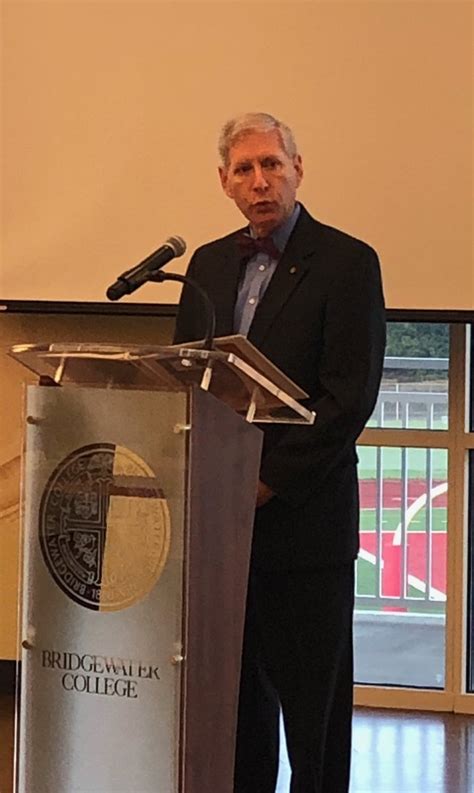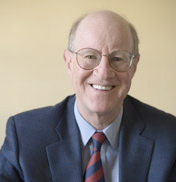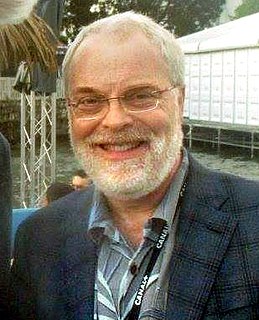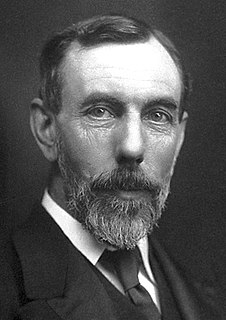A Quote by Eli Pariser
A world constructed from the familiar is the world in which there's nothing to learn.
Related Quotes
Quite generally, the familiar, just because it is familiar, is not cognitively understood. The commonest way in which we deceive either ourselves or others about understanding is by assuming something as familiar, and accepting it on that account; with all its pros and cons, such knowing never gets anywhere, and it knows not why.... The analysis of an idea, as it used to be carried out, was, in fact, nothing else than ridding it of the form in which it had become familiar.
I never changed after that. I sought for nothing in the one great source of change which is humanity. And even in my love and absorption with the beauty of the world, I sought to learn nothing that could be given back to humanity. I drank of the beauty of the world as a vampire drinks. I was satisfied. I was filled to the brim. But I was dead. And I was changeless.
The question of whether world peace will ever be possible can only be answered by someone familiar with world history. To be familiar with world history means, however, to know human beings as they have been and always will be. There is a vast difference, which most people will never comprehend, between viewing future history as it will be and viewing it as one might like it to be. Peace is a desire, war is a fact; and history has never paid heed to human desires and ideals.
Never give up! Keep practicing - it's the only way to get better. But don't lose sight of the outside world. As an artist, you have to connect with the world around you, or you've got nothing to inspire you. Learn from everything and everyone, good or bad. It's just as important to learn what not to do, as well as what to do, in art, in life.
In the world it is called Tolerance, but in hell it is called Despair...the sin that believes in nothing, cares for nothing, seeks to know nothing, interferes with nothing, enjoys nothing, hates nothing, finds purpose in nothing, lives for nothing, and remains alive because there is nothing for which it will die.
You are not in the world...the world is in you," what did he mean? [That is, you are not in the world," that is, there is no "you" that is real or in any world. "The world is in you" means that the world is in your "mind" and is nothing more than a figment of your programming-and-conditioning-induced imaginings.]
The little world of childhood with its familiar surroundings is a model of the greater world. The more intensively the family has stamped its character upon the child, the more it will tend to feel and see its earlier miniature world again in the bigger world of adult life. Naturally this is not a conscious, intellectual process.



































